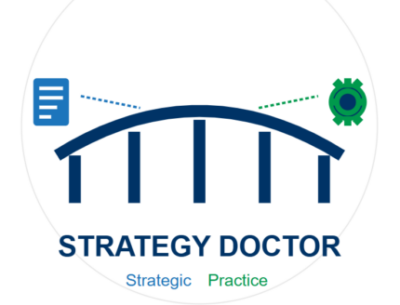Traditional leadership models often fail to capture the nuanced realities of organizational life and strategy-making.
In today’s complex business environment, traditional leadership models often fail to capture the nuanced realities of organizational life. As your strategic advisor, I’ve observed that many organizations struggle when they rely on outdated leadership frameworks that emphasize the heroic individual rather than the collective practice of leadership embedded in daily activities.
Moving Beyond Traditional Leadership Models
The dominant view of leadership in management continues to focus on the individual leader, with various modifiers like authentic, servant, charismatic, transformational, or inspirational, paying homage to the latest management fashion. This approach, however, struggles to explain the messiness of everyday work, mundane routines, and practical aspects of leadership through networks of processes or relations. As I’ve explored in my academic research, “practice theory” offers a powerful alternative lens for understanding leadership in modern organizations. Rather than viewing leadership as residing in specific individuals, practice theory examines the collective, situated activities and interactions that constitute leadership as a social phenomenon.
What is Practice Theory?
Practice theory treats practices as “embodied, materially mediated arrays of human activity centrally organized around shared practical understanding.” It acknowledges that leadership occurs within a social milieu where participants’ actions are part of ongoing practices that define situations and include manifestations of interdependent socio-material realities at the intersection of technology, work, and organization.
Three key aspects differentiate the practice approach:
- Departure from individualism – Actions are linked with ongoing practices that define situations, including interdependent socio-material reality. The mind is not separate from the body, and social practices are privileged over the individual.
- Focus on micro-interactions – This approach explores activities and interactions at the ground level within social contexts. The actual doing of real people situated in organizations forms a key element in creating organizational reality.
- Investigation of agency/structure dynamics – Practice theory offers rich soil for investigating how social actions (human and non-human) reinforce, modify, and (re)produce routines and norms, and define what’s possible.
Leadership as Practice: Implications for Your Organization
Viewing leadership through the practice lens has profound implications for organizations:
- Embedded Leadership: Leaders must embed themselves in the fabric of the organization and its social web of relations (human and non-human) rather than take a detached approach.
- Everyday Leadership Practices: Focus on daily leadership practices provides insights into the production and reproduction of situational practices and helps understand the intersection between leadership and larger society.
- Situated Experience: Leadership demands a situated, experiential, and embodied approach of ‘doing’ leadership, rather than abstract theorizing independent of the moment.
Adopting a practice view of leadership can help your organization overcome strategic challenges by:
- Addressing Strategic Paralysis by recognizing leadership as an ongoing, collective process rather than waiting for a heroic decision-maker.
- Moving beyond Surface-Level Insights by diving into the everyday practices where real organizational life unfolds.
- Bridging Strategic-Operational Disconnects by recognizing how strategy and execution are intertwined in practice.
- Reducing Transformation Resistance by understanding and appreciating the social and relational nature of change.
The strategic advantage of embracing leadership as practice is clear—it brings theoretical understanding closer to practical application, making organizational research more relevant to practitioners. By moving away from the heroic leader paradigm toward a more nuanced understanding of leadership as embedded in everyday organizational life, your organization can develop more resilient, adaptive, and sustainable leadership practices.
As strategic challenges become more complex, the ability to see leadership as a collective practice rather than an individual attribute becomes increasingly essential. The practice lens offers a path toward more distributed, contextual, and effective leadership in today’s complex world.
This blog draws on research developed through my academic exploration of practice theory and leadership frameworks. Strategy Doctor offers strategic advice incorporating these cutting-edge perspectives for organizations seeking to create more effective leadership approaches in complex environments. Visit https://StratDoc.co to learn more.

